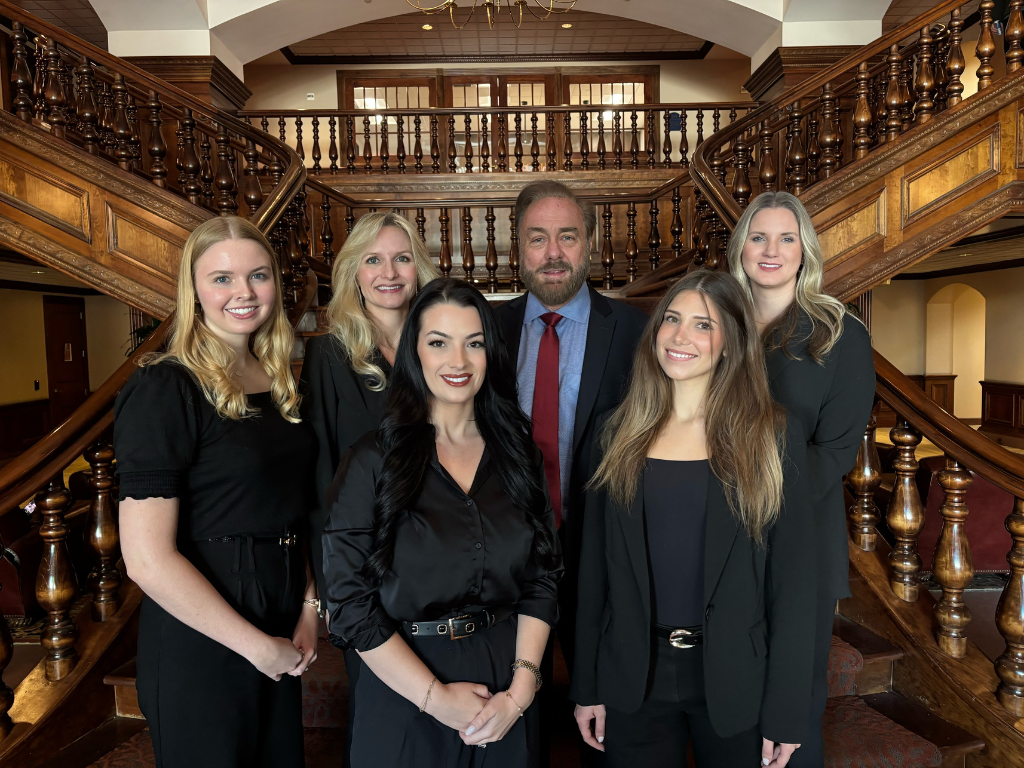An experienced bankruptcy attorney can guide you through the Chapter 11 process and obtain a Final Decree. Section 350(a) of the Bankruptcy Code provides that “[a]fter an estate is fully administered and the court has discharged the trustee, the court shall close the case.” 11 U.S.C. § 350(a). Bankruptcy Rule 3022, which implements section 350 of the Bankruptcy Code, further provides that “[a]fter an estate is fully administered in a chapter 11 reorganization case, the court, on its own motion or on motion of a party in interest, shall enter a final decree closing the case.” Fed. R. Bankr. P. 3022.
The term “fully administered” is not defined in either the Bankruptcy Code or the Bankruptcy Rules. The Advisory Committee Note to Bankruptcy Rule 3022, however, sets forth the following non-exclusive factors to be considered in determining whether a case has been fully administered: (1) whether the order confirming the plan has become final; (2) whether deposits required by the plan have been distributed; (3) whether the property proposed by the plan to be transferred has been transferred; (4) whether the debtor or [its successor] has assumed the business or the management of the property dealt with by the plan; (5) whether payments under the plan have commenced; and (6) whether all motions, contested matters, and adversary proceedings have been finally resolved. See, e.g., In re Union Home & Indus., Inc., 375 B.R. 912, 916 (B.A.P. 10th Cir. 2007) (recognizing that bankruptcy courts weigh the factors contained in the Advisory Committee Note when deciding whether to close a case).
Substantial consummation means 1) the transfer of all or substantially all of the property proposed by the plan or reorganization to be transferred; 2) assumption by the debtor or its successor under the plan of the business or management of substantially all of the property dealt with in the plan; and 3) commencement of distribution under the plan. 11 U.S.C. § 1101(2). This case has been substantially consummated pursuant to the requirements of section 1101(2) of the Code as the debtor has transferred property and commenced making payments and substantial distributions to creditors according to the terms of the confirmed Plan. The Order confirming the Plan is final, all required quarterly reports have been filed, and all quarterly fees have been paid. All motions, contested matters, and adversary proceedings have been resolved. As a result, it would be a burden on the estates and a detriment to creditors to continue incurring quarterly fees over the remaining term of the confirmed Plan. Indeed, courts have recognized that the factors to be considered in determining whether a case has been fully administered are nonexclusive and are “plainly an aid or checklist that serves to insure that there is no unfinished business before the Court or in the case.” See e.g. In re Kliegl Bros. Universal Elec. Stage Lighting Co., 238 B.R. 531, 542 (Bankr. E.D.N.Y. 1999); In re Gould, 437 B.R. 34, 38 (Bankr. D. Conn. 2010) (“Rule 3022 allows the court flexibility. It does not require that a chapter 11 case be kept open until all awarded fees and allowed claims have been paid in accordance with the confirmed plan . . . .”) (quoting In re Jay Bee Enter., Inc., 207 B.R. 536, 539 (Bankr. E.D. Ky. 1997)). Therefore, based on the aforementioned decisional authority, the Court can and should enter a final decree and close the cases.
Arizona Bankruptcy Attorney
Contact Us
